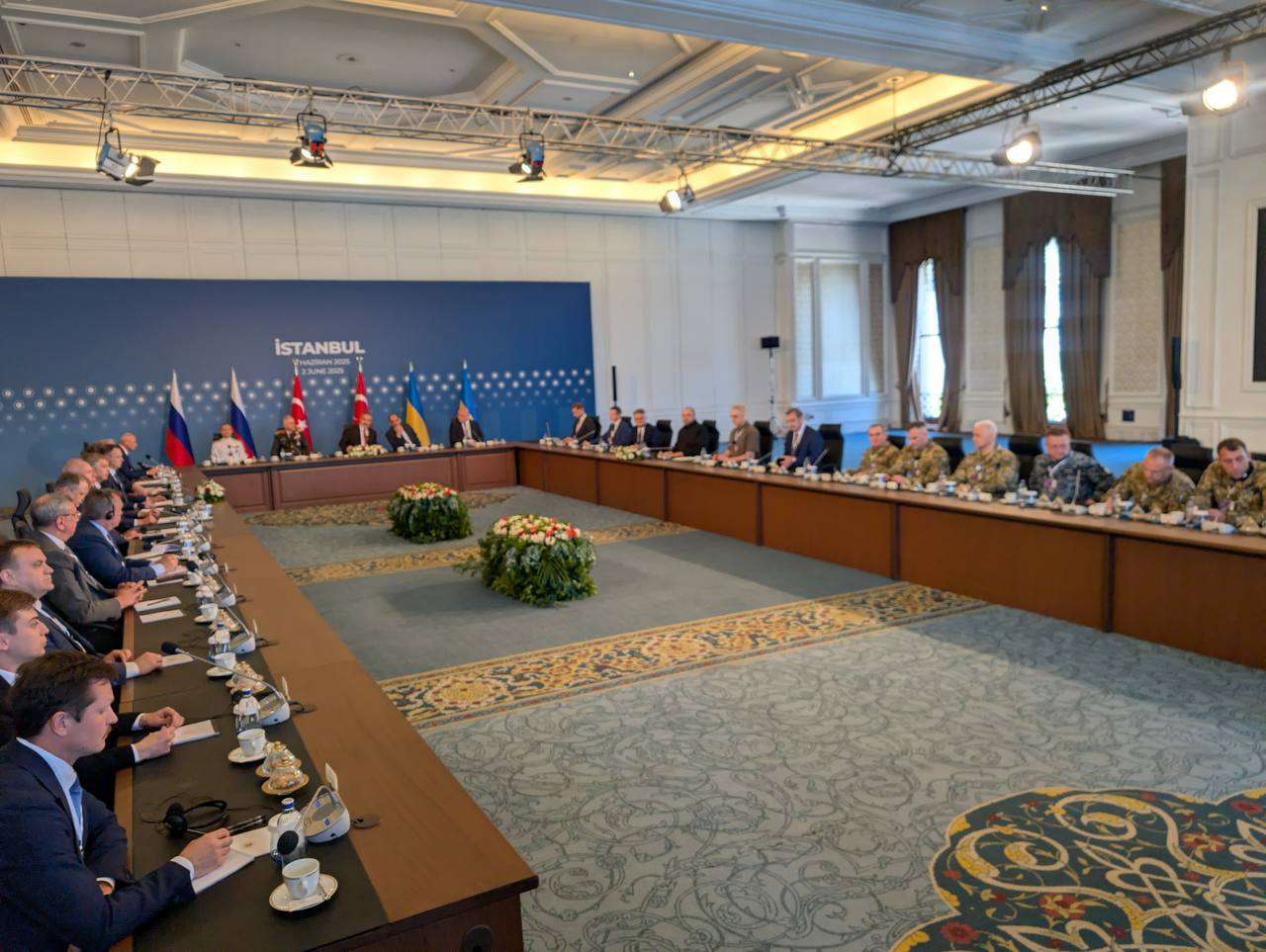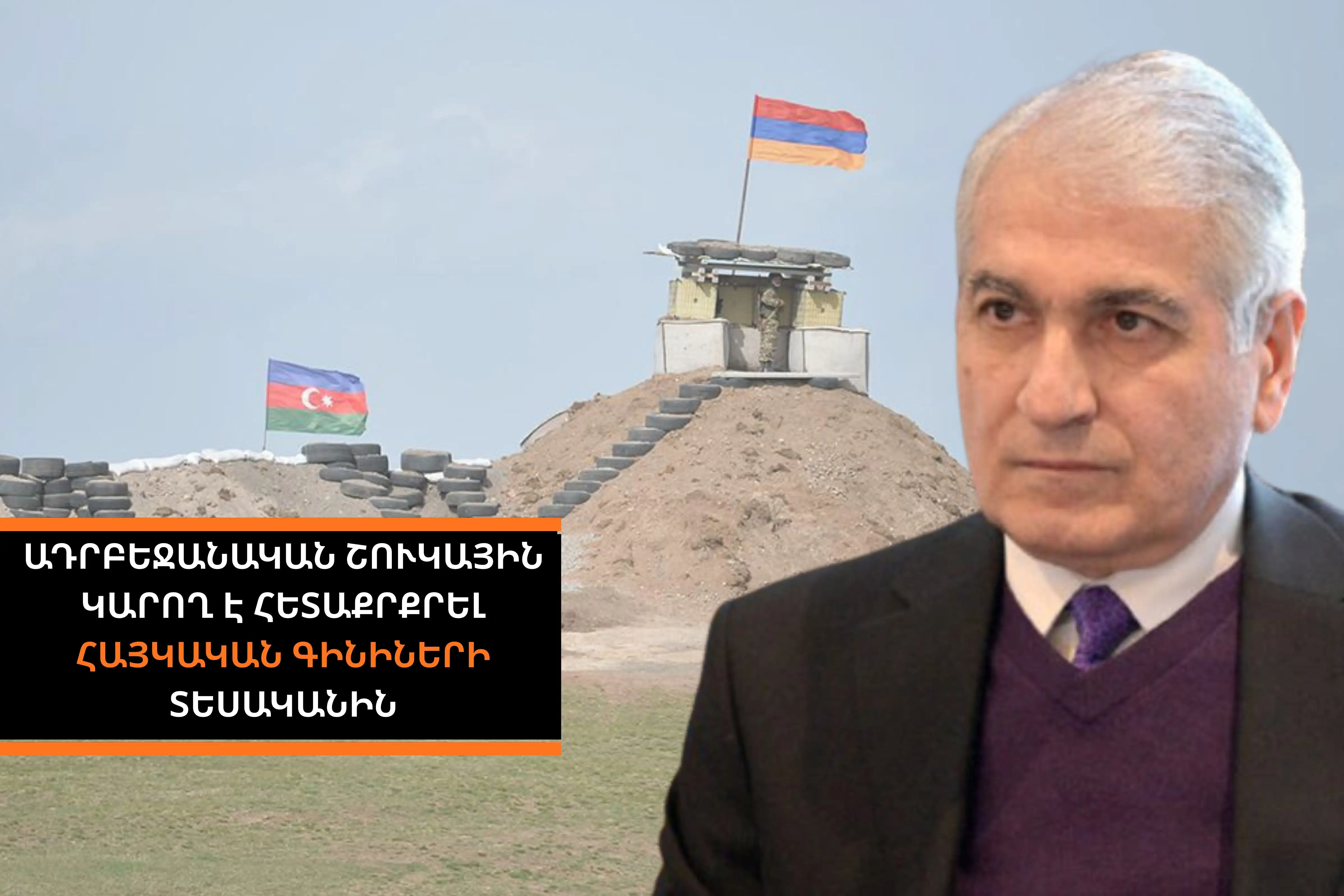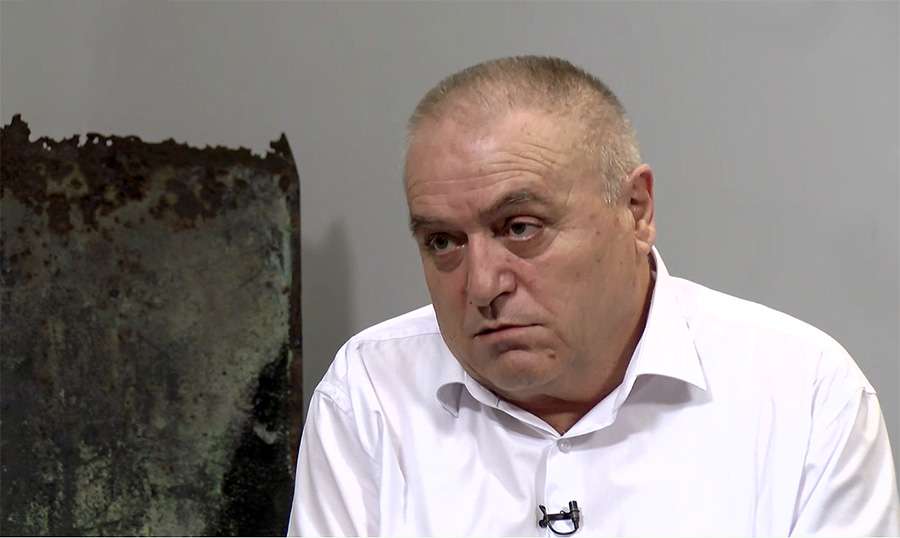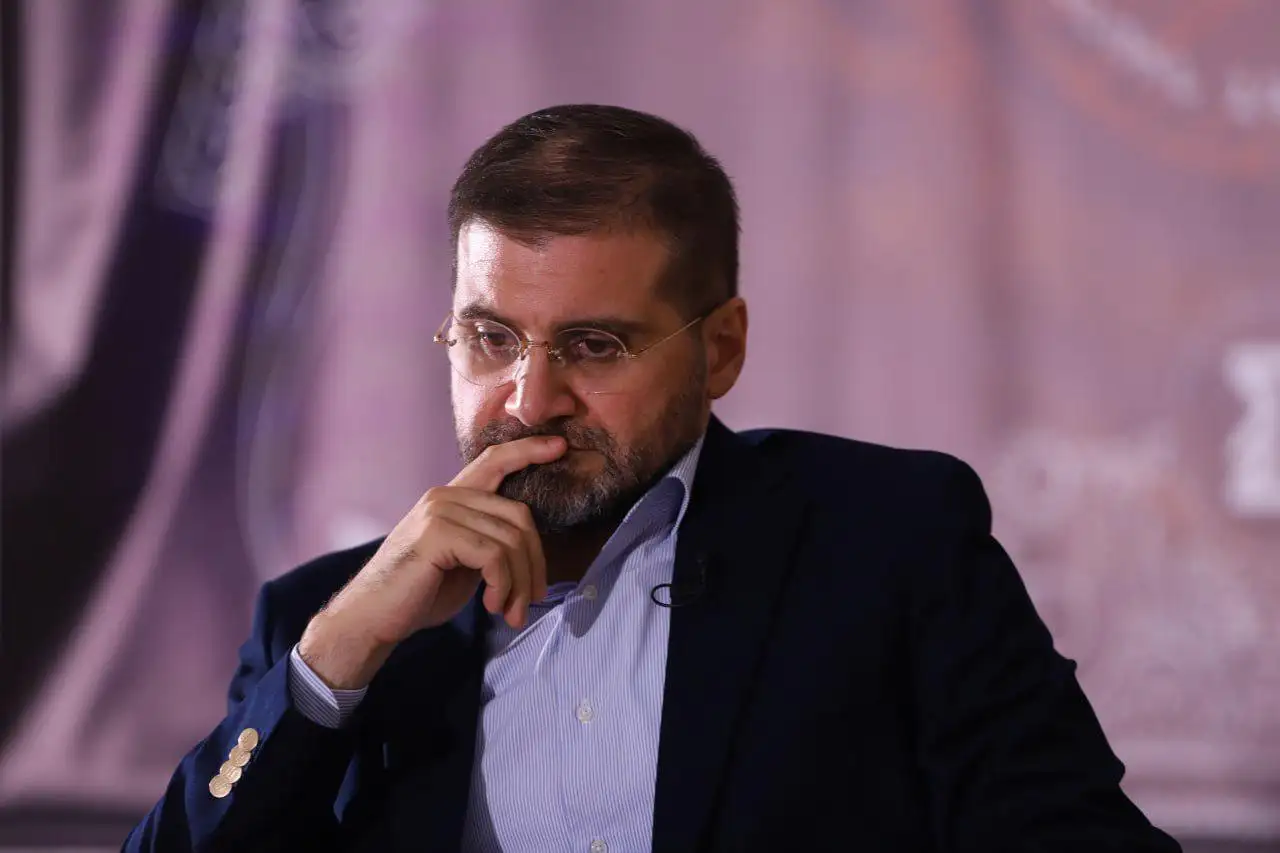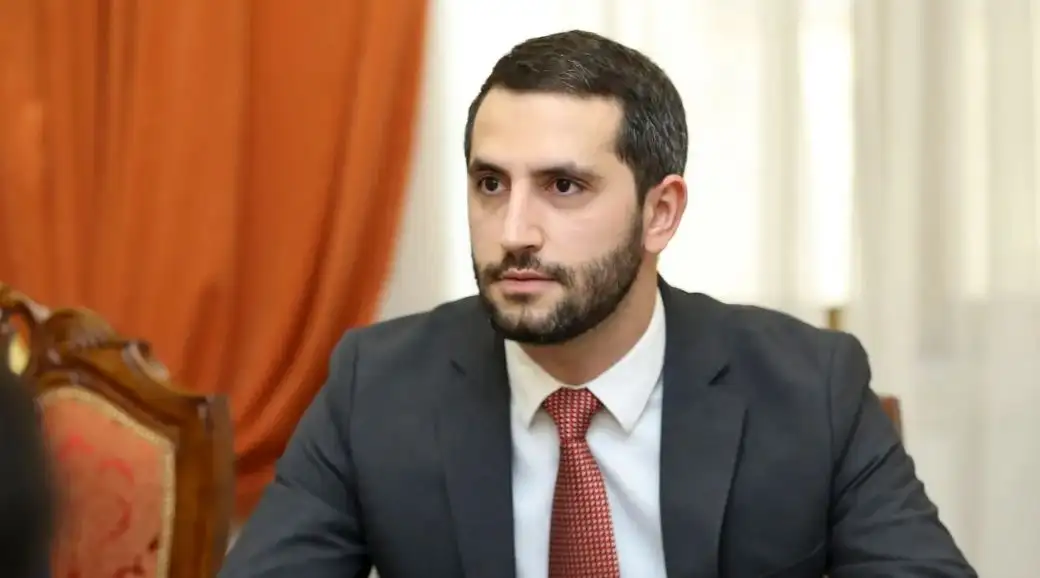On July 23, 2025, Istanbul again became a platform for direct negotiations between Ukraine and Russia. However, despite the traditional representative level, this round was, in fact, hastily convened without prior in-depth coordination of the agenda. Just two days before that, Ankara officially announced that they were not aware of the dates of the new negotiations.
Nevertheless, on the evening of July 23, the third round of negotiations took place with the direct participation of Turkish Foreign Minister Hakan Fidan. The heads of the two delegations, Russian President Vladimir Putin's aide, Vladimir Medinsky, and former Ukrainian Defense Minister Rustem Umerov, first met in a one-on-one format. Then, the main negotiations, with the participation of the delegations, continued behind closed doors.
"Groundhog Day" on another day of Istanbul negotiations
Opening the meeting, the Turkish Foreign Minister announced that the goal had not changed—to achieve a ceasefire, and specifically emphasized the role of Presidents Trump, Putin, and Zelensky in organizing the negotiations. It is noteworthy that before the start of the talks, Erdogan had a separate meeting with the Ukrainian delegation. Against this background, the idea of such a quadrilateral meeting was, it seems, Ankara's initiative in particular to strengthen itself in the process of resolving the most serious conflict of concern to the world and to appear on the same mediation platform with the United States, of course, and also to open a field of political trade with it.
However, after the negotiations, which lasted only about 40 minutes, the statements made by the parties indicated that there are still no grounds for optimism regarding the establishment of peace or a ceasefire.
From the statements made by the Ukrainian delegation after the negotiations, it became clear that Kiev is persistently striving to achieve a bilateral meeting between Zelensky and Putin, and in the event of its impossibility, a multilateral meeting with the participation of US President Donald Trump and Turkish President Recep Tayyip Erdogan.
However, the head of the Russian delegation, Medinsky, noted after the negotiations that thorough preparation is necessary for the meeting of the first persons, making it clear that Putin will enter into any negotiation contact with Zelensky only at the final stage, that is, during the actual ratification of the final agreements.
The parties also clarified that the only issue on which an agreement has been reached is the implementation of a new, large-scale prisoner exchange. And on the most fundamental points on the path to peace, the views of the parties are far apart, and this is mainly due to the Russian side, which continues to present maximalist demands: the demilitarization of Ukraine, the recognition of the territories that have passed under the control of the Kremlin, and the annexation. In other words, the third Istanbul talks did not add a single brick to the wall of the settlement process.
Maneuvers under political pressure
The US State Department welcomed the fact of holding the next round of talks in Istanbul, emphasizing the importance of direct dialogue and the fact that the parties themselves must reach sustainable agreements.
However, the Kremlin's apparent diligence in organizing this round of negotiations was more of a tactical maneuver, conditioned by the intense pressure exerted on Moscow by former US President Donald Trump. Recall that last week, Trump announced that if a ceasefire is not established within 50 days, he will resort to unprecedented sanctions aimed at restricting Russian oil exports, which are most sensitive for the Kremlin.
No matter how Moscow tries to appear indifferent to Trump's threats, they are precisely the basis for the Kremlin's sudden expression of readiness to revive the diplomatic process. Russia is resorting to an old, tried-and-true trick: creating the illusion of preparedness for negotiations to convince Trump not to apply harsh economic measures, or rather, to give the US president another card to use this fiction as another justification for not applying sanctions.
The US response and the deepening nature of the conflict
In this sense, at the current stage, the US response to both the next phase of the Istanbul negotiations and Russia's diplomatic maneuvering policy of stalling time in general is becoming crucial in determining whether the negotiations will enter the realm of constructiveness or not.
Although official Washington declares that it welcomes direct dialogue as a means of achieving a settlement, in practice, the trends in the military sphere indicate the opposite. While the talks in Istanbul were underway, Russian airstrikes hit the center of Kharkiv, injuring at least 39 civilians, and Ukrainian drones struck oil depots in Sochi and Adler. These reciprocal strikes underscore that not only is there no change on the ground, but that the sham negotiations themselves are contributing to a strategy of inflicting greater and more painful losses on each other. The latter is being used as a means of persuading the opposing side to make concessions.
Suppose Trump again willingly falls into the diplomatic trap set by Putin, which has worked flawlessly so far. The US continues to demonstrate a tolerant stance towards Russia's maneuvers without precise political demands. In that case, this may turn into a chronic disease with all the complications that arise from it. In the eyes of the international community, this will be interpreted as an agreement on diplomatic formalities without substantive guarantees of peace, casting doubt on the seriousness and effectiveness of the diplomatic process itself and Donald Trump's ability to lead the world to lasting peace.
Gor Abrahamyan




